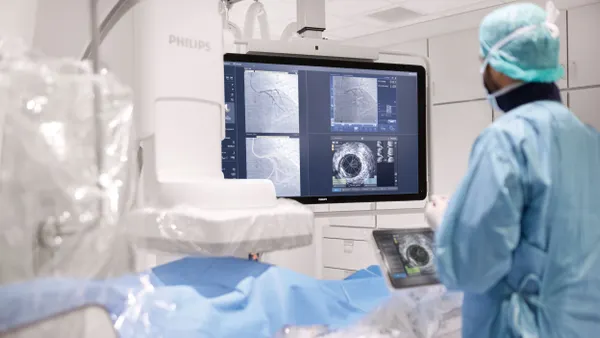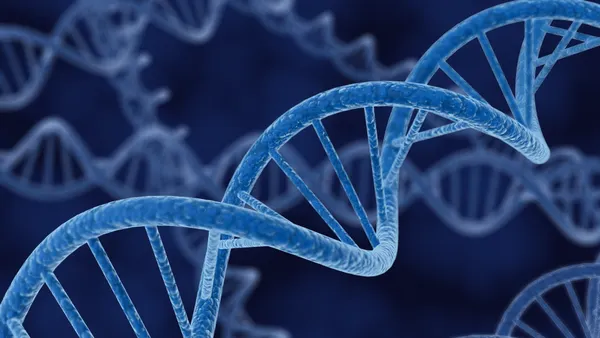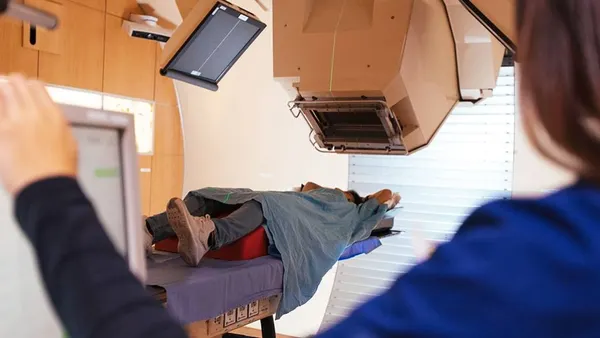Dive Brief:
- The Association for Molecular Pathology released an updated position statement with an expanded set of standards the group said should be met by providers of genetic tests marketed directly to consumers.
- Health-related claims must have well-established clinical validity, test providers must comply with CMS' Clinical Laboratory Improvement Amendments (CLIA) regulations, and board-certified molecular laboratory professionals should perform all test validation and interpretation, AMP said.
- Further, all marketing materials and result reports should include information on a test's analytical and clinical validity, the group said. Test reports should be in clear language that describes the limitations of the test, the significance of the findings for the consumer's health and the implications for family members.
Dive Insight:
Dozens of companies sell DTC genetic testing. One of the most well known, 23andMe, recently launched a genetic risk assessment for predisposition to Type 2 diabetes. The company has been steadily adding indications to its health disorder assessment offerings that include tests to gauge predisposition to some cancers, macular degeneration, Parkinson's disease and a patient's response to certain medicines.
AMP said it revised its position statement in response to expansion of the market. The group continues to urge consumers to consult with their healthcare providers before making clinical care decisions.
FDA has had its eye on the pharmacogenetic market and in April issued a warning letter to Inova Genomics Laboratory for selling a series of genetic tests without marketing clearance or approval that claim to predict patients' response to specific drugs, including certain antidepressants, opioids, cancer treatments, anesthesia and diabetes medicines.
Inova initially asserted that pharmacogenetic tests are laboratory-developed and therefore exempt from FDA oversight, but the agency's warning letter said it has discretion to take action when it believes public health is at risk. Since the warning letter, Inova ceased performing its pharmacogenetic tests, according to genomeweb.
Last fall, FDA issued a safety communication alerting doctors of several genetic tests making unapproved claims about patients' response to specific medications. The agency said most of the companies it contacted about such claims removed specific medication names from their labeling, promotional material and patient test reports.
Founded in 1995, AMP's members include physicians, doctoral scientists, laboratory directors, translational scientists, technologists and trainees from academic and community medical centers, government and industry.
AMP said it holds a neutral position on recreational and ancestry testing being available to the public.








